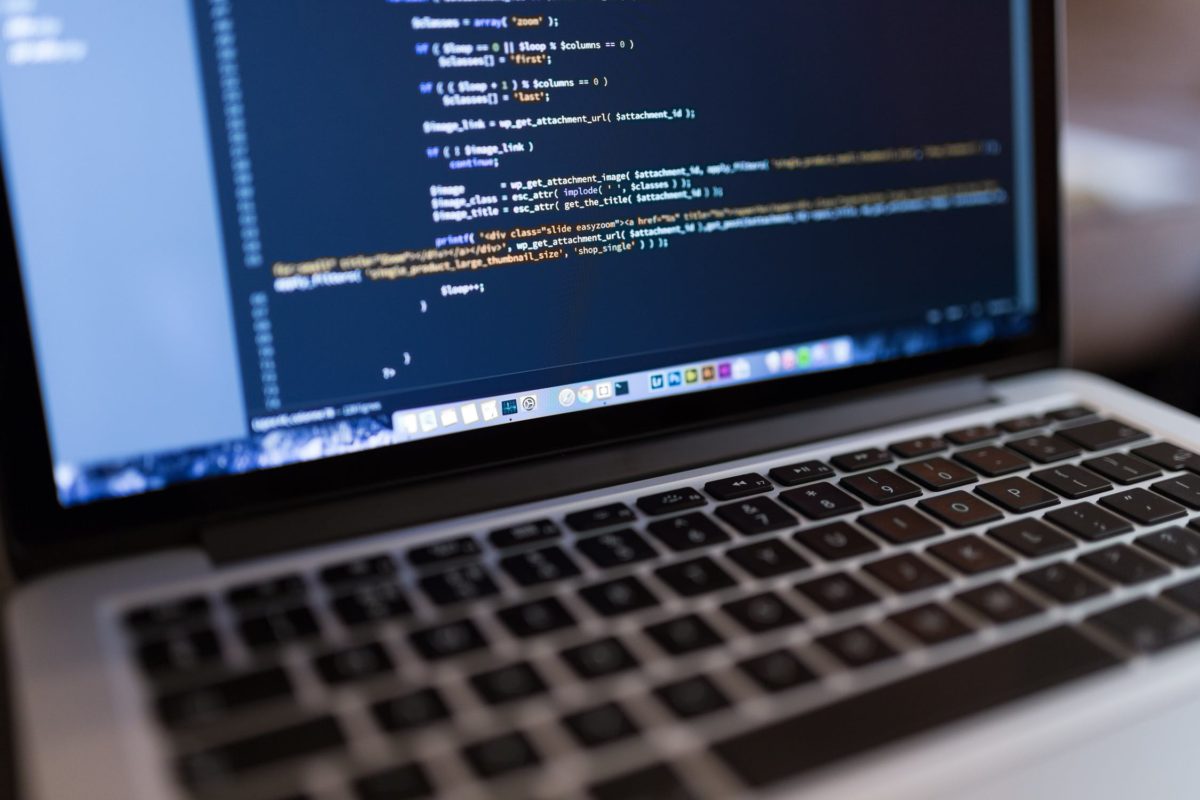Writing good codes ain’t easy. There are plenty of ways to write reliable codes by following the best programming practices. Tom Cargill of Nokia Bell Labs, shares a ninety-ninety principle about codes:“The first 90% of the written code accounts for the first 90% of the development time. The rest of the 10% of the written code accounts for the other 90% of the development time.”This simply means that around 180% of project development time is mostly caused by the failure to anticipate their difficult and often unpredictable complexities in coding.With this, we’d like to share tips that every software developer in the Philippines needs to know by heart to minimize the time spent in completing a project.
How to Get Ready For Writing Good Codes as a Practice
There are plenty of ways to write reliable codes. Standards help developers be guided and are often required to comply for security purposes. Coding conventions guide development teams in the right structure, style, and method to maintain quality and reliability.Here are a few best practices that you can follow:
1) Consider readability and consistent documentation.
Firstly, always write code that easy to read by other developers. When it comes to debugging, time, and resources that will be spent on hard to read lines. New developers taking over an existing project will find it challenging to continue when glancing over the confusing code. Commenting can also help other developers follow through what you just coded. Actually, this is one of the best programming practices that one can never do without.
2) Think twice about restructuring existing code
New codes cannot guarantee better performance. If something isn’t broken, there’s no need to fix or fit it to meet your personal preference or style. Such a scenario might not even be a valid reason for restructuring in the first place. Such happens when another developer takes over a project and attempts to change the code to fit his preferred coding style. Sometimes, altering a portion of the existing codes might compromise its security and may be considered a bad practice.
3) Follow useful and standardized coding structure
Always plan well in advance what it is you’re trying to achieve with your code and why. Every developer must understand what and how the modules will be doing. Afterward, think about how the modules will work with each other and how they affect each other. Consider also how you can maintain the quality and integrity of data as it moves from one module to another.Things to remember related to coding standards:
- Avoid deep nesting of code.
- Practice consistent indentation. Indentation makes everything look properly structured and coded.
- Consider limiting line length. There’s a reason why people find it comfortable to read newspaper columns.
- Adopt a proper use of naming conventions. Use meaningful names for your variables, constants, subroutines, and so forth, and comment your code appropriately.
4) Have a mindset on secure coding
Each programming language has its limitations and vulnerabilities. With this, developers need to understand the strengths and weaknesses of their chosen language, like Python, for example, so they know the challenges. To emphasize, security by design is what we need to bear in mind and practice. Technology has always been at the mercy of those who use it. Always think of ways to secure what you just built when you code from hackers.
5) Optimize your code.
Sometimes, developers focus too much on readability that they forget to optimize. The practice of optimization takes some experience to get right. Eventually, you’ll need to explore, analyze, and identify every system involved in the entire process.
6) Share With Your Team What You Learned
SourceTo be honest, your value as an applications developer is not only placed on the code you wrote, but also on what you learned when writing it. With that, share your thoughts and experiences, and write recommendations to your peers. This, in fact, can easily be considered one of the best programming practices that developers in a team should exercise.Let other developers understand why things are the way they are and help them experience new things about the project and its intricacies. Besides, every project needs a team effort. You can never go solo with it.
Final Thoughts: Make the Habit
In conclusion, improving the way you work through habits is a great way to avoid having to overthink every single situation. As an emphasis, every best programming practice involves constant repetition. Once you’ve assimilated the right way of doing something, everything becomes effortless.

